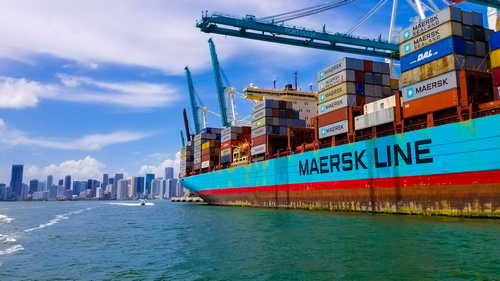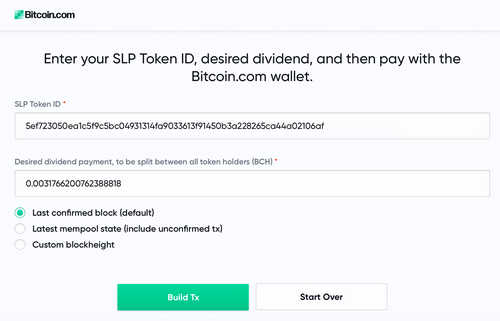According to a Feb. 17 announcement, UEFA will distribute over one million soccer match tickets via a blockchain-enabled mobile application. The organization claims that this new ticketing system will make “entry into the stadium smooth, safe and secure.”
Soccer fans in Europe will join the ranks of early blockchain adopters thanks to a new initiative by the Union of European Football Associations (UEFA).
The new blockchain-based mobile ticketing solution is meant to prevent the duplication and replication of tickets by “QR codes only being activated by Bluetooth once fans are in close proximity to the stadium.” The app will be available for download toward the end of May for both Android and iOS devices.
Tickets will be delivered no later than seven days before the match and “UEFA expects to deliver over one million mobile tickets to fans across all 51 matches.” UEFA decided to adopt this system in an attempt to facilitate ticket distribution to what is expected to be the most in-demand UEFA cup ever.
UEFA also stated that digital ticketing will help curb paper consumption and be more convenient for soccer fans:
“Supporters who purchase ‘Follow my team’ tickets will receive their mobile tickets only once their team has qualified for a specific match. The ability to deliver mobile tickets to fans close to matchday will considerably enhance the fan journey, as fans will no longer be required to visit ticket collection points to exchange ticket vouchers. ”
The initiative builds on the successful deployment of the mobile ticketing system in August 2018 for the UEFA Super Cup soccer match between Real Madrid and Atletico Madrid held in Tallinn, Estonia.

Blockchain’s the ticket
Many sports franchises and event organizers are turning to blockchain for ticketing, as the technology promises to be a highly-effective way to prevent forgery and ensure convenience.
As Cointelegraph reported in December 2019, Ticketmaster’s vice president of blockchain products Sandy Khaund said that the technology can prevent secondary ticket markets from popping up and ensure that “tickets end up in the right hands.”
The CEO and founder of EventChain, Ashton Addison, told Cointelegraph:
“The whole point of implementing blockchain in the ticketing industry is to bring back fairness to the artists, event organizers and fans. For example, a major problem facing the industry is counterfeit tickets. Blockchain can prevent this by allowing attendees to verify the authenticity of their tickets. This also turns tickets into scarce digital assets, which are unable to be double sold.”
Oman’s Largest Port Joins Blockchain Shipping Platform TradeLens
The largest port in the Middle Eastern nation of Oman has signed up withTradeLens – a blockchain supply chain platform founded by IBM and Maersk.

The Port of Salalah recently became a member of the shipping data project as part of its digital transformation efforts, according to a report in the Times of Oman on Wednesday.
The platform enables companies along the shipping supply chain to share data on cargoes in real time over its permissioned blockchain, ultimately aiming to bring improved transparency and efficiency to international trade. According to the Times, the port is working with other entities in the supply chain to digitize its operations and sees TradeLens as a way to bring a global transparency standard to shipping operations.
«Adopting and incorporating blockchain technology into all aspects of the supply chain will not only enhance the attractiveness of Salalah for ecosystem companies but also support the development of new business models that can further leverage the geographical location of Salalah”, said Mark Hardiman, CEO of Port of Salalah.
Launched in 2018, the TradeLens project has seen some reluctance from shipping firms to sign up, partly due to the way the venture was set up to favor the founding companies. However, changes to its business structure have prompted a number of major carriers to come aboard in the last year.
The platform now has more than 100 participants – including five of the six largest container shipping firms as well as port operators and regulators – and is processing over “10 million discrete shipping events and thousands of documents each week”, according to previous statements from Maersk.
Last August, Thailand’s customs agency was reported to be integrating with TradeLens to streamline its shipment tracking procedures.
The project also received an antitrust exemption from the U.S. Federal Maritime Commission. That arose to clear the project from legal restrictions in cooperation between shipping companies mandated by the U.S. Shipping Act of 1984.
The Port of Salalah recently broke its own record, handling yearly volume equivalent to four million shipping containers, according to the Times.


